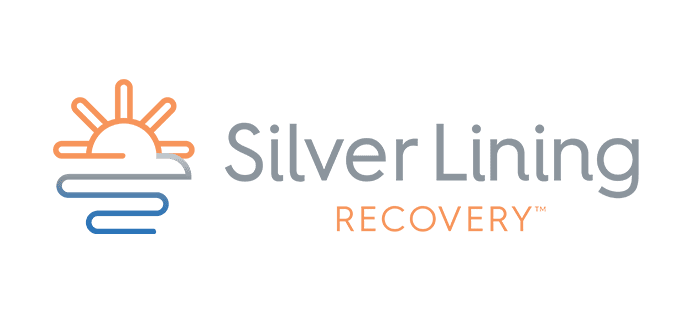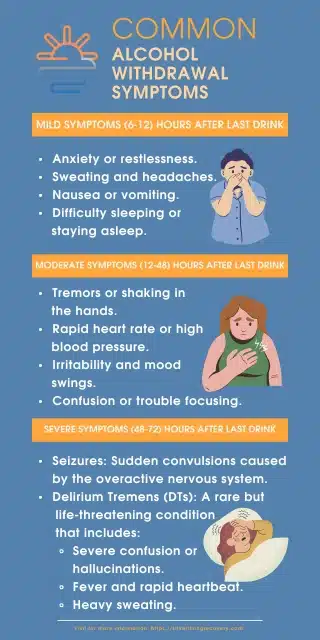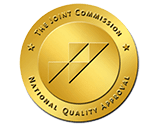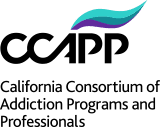Understanding Alcohol Withdrawal Symptoms and How to Manage Them
If you or someone you care about is struggling with alcohol dependency, the idea of stopping drinking might feel daunting. You may wonder, “What will withdrawal be like? Can I handle it? Will it be safe?” These concerns are valid, and you’re not alone in facing them.
Alcohol withdrawal is a natural process that occurs when someone who has been drinking heavily for a long time reduces or stops drinking. It happens because alcohol has deeply influenced the way the brain and body function. While the withdrawal process can be challenging, it’s also the first step toward reclaiming your health and freedom from alcohol.
Below, we’ll help you:
- Recognize the signs and symptoms of alcohol withdrawal.
- Understand the detox timeline and how long it typically takes.
- Learn how to manage symptoms safely and effectively.
- Explore treatment options for ongoing recovery.
Taking this first step is brave, and with the right support, you can navigate alcohol withdrawal safely and successfully.
What Causes Alcohol Withdrawal?
Alcohol withdrawal happens because alcohol disrupts the brain’s natural balance. Over time, your brain adjusts to the constant presence of alcohol by changing how it works. When alcohol is suddenly removed, your body struggles to rebalance, leading to withdrawal symptoms.
How Alcohol Changes the Brain
- Affecting Brain Chemistry: Alcohol impacts certain chemicals in the brain that affect how we feel. It calms the nervous system, making us feel relaxed or sedated. Over time, the brain becomes dependent on alcohol to maintain that sense of calm.
- Dependency Formation: When alcohol is removed, the brain becomes overstimulated as it tries to adjust, causing symptoms like anxiety, tremors, and seizures.
Who Is at Risk?
While anyone can experience withdrawal, the risks are higher for people who:
- Have been drinking heavily or for a long period.
- Use alcohol daily or binge drink regularly.
- Have underlying health conditions or co-occurring mental health disorders.
Knowing why withdrawal happens can help you approach the process with greater understanding—and compassion for yourself or a loved one.
Common Alcohol Withdrawal Symptoms
Signs of Alcohol Detox and the Detox Timeline
What Is Alcohol Detox?
Detox is the body’s natural process of clearing alcohol from its system. It’s also the phase when withdrawal symptoms occur, as your body adjusts to functioning without alcohol.
Typical Detox Timeline
- 6-12 Hours: Initial symptoms like anxiety, nausea, and insomnia begin.
- 12-48 Hours: Symptoms intensify, including tremors, sweating, and possible hallucinations.
- 48-72 Hours: Peak symptoms occur. Severe cases may include seizures or DTs.
- 72+ Hours: Symptoms begin to subside, but some may experience lingering effects like fatigue or cravings.
While detox typically lasts 5-7 days, every person’s journey is unique. For some, mild symptoms can persist for weeks or even months in the form of Post-Acute Withdrawal Syndrome (PAWS).
How Many Days Does It Take to Detox From Alcohol?
On average, alcohol detox lasts 5-7 days, but this can vary. Factors influencing detox duration include:
- Severity of alcohol use: Heavier, long-term drinkers may need more time.
- Physical health: Poor health can prolong the process.
- Age and gender: Older adults may take longer to detox.
If you’re feeling overwhelmed by how long detox might take, remember this: every day you spend detoxing is a step closer to freedom from alcohol. Read more about how long alcohol detox takes.
Managing Alcohol Withdrawal Symptoms Safely
The safest way to manage withdrawal symptoms is with professional help. Trying to detox at home, especially for heavy drinkers, can be dangerous. Here’s how to ensure a safe and comfortable detox process:
- Seek Medical Detox Support
Medical detox programs provide:
> 24/7 monitoring.
> Medications like benzodiazepines to prevent seizures and reduce anxiety.
> A structured environment to manage severe symptoms. - Focus on Hydration and Nutrition
Withdrawal can drain your body. Replenish it with:
> Hydration: Water, herbal teas, or electrolyte drinks.
> Healthy Foods: Lean proteins, whole grains, and nutrient-rich fruits and vegetables. - Build a Support System
Recovery is easier with others by your side. Lean on family, friends, or support groups like AA. Discover the value of family support during recovery. - Use Relaxation Techniques
Practice deep breathing or meditation to ease anxiety.
Engage in light exercise, like walking, to reduce stress.
Alcohol Addiction Treatments After Detox
Detox is only the first step. Long-term recovery requires ongoing treatment. Options include:
- Inpatient Rehab: 24/7 care for severe cases.
- Outpatient Programs: Flexibility for those balancing work or family. Explore how outpatient treatment fits into your recovery plan.
- Therapies:
> Cognitive Behavioral Therapy (CBT): To reframe negative thought patterns.
> Trauma-Informed Therapy: To address past trauma that may fuel addiction.
> Medication-Assisted Treatment (MAT): Using medications like naltrexone to reduce cravings.
Recovery doesn’t end with detox—it’s an ongoing process that builds strength and resilience over time. Find out how our alcohol treatment programs can help you.
Find Help at Silver Lining Recovery
You don’t have to face alcohol withdrawal alone. At Silver Lining Recovery in Huntington Beach, we provide compassionate, medically supervised alcohol treatment programs to support you through this crucial first step.
- Your health and safety come first.
- Receive 24/7 medical care and personalized support to manage withdrawal symptoms.
- Start building a healthier, alcohol-free life today.
📞 Call us at 866-681-0927 or verify your insurance to begin your journey toward recovery. You’re not alone—help is just a call away.
I’ve known the owner of Silver Lining Recovery now for almost 15 years. This center offers people the real opportunity to change their lives and recovery from drugs and alcohol. It’s one thing to go to detox, it’s another to continue the journey and make a lasting change in real life. They also offer a business professional tract that really works. Whenever I get a chance, I tell anyone I can to go to this center. It’s the real deal.













